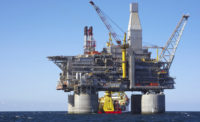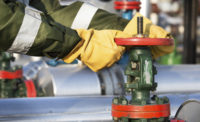The American Petroleum Institute (API) says it welcomes the federal government’s effort to align regulations for offshore well control with industry standards, but with a caveat: a warning that the unintended consequences of some elements of the proposed rule could make offshore operations less safe.
Safer than ever
In response to comments filed with the Bureau of Safety and Environmental Enforcement (BSEE), API upstream group director Erik Milito said offshore oil and natural gas development in the U.S. is “safer than ever before” due to the efforts of industry and regulators.
API has published more than 100 new or revised standards for exploration and production in the last five years. The industry also formed the Center for Offshore Safety in 2011, and the government has updated its regulations multiple times since 2010.
The well control rule proposed by BSEE incorporates a number of API standards, including API Standard 53, Blowout Prevention Equipment Systems for Drilling Wells. Published in November 2012, this document updated and strengthened an existing standard to prioritize consistent procedures, preventive maintenance, inspections and testing for blowout preventers.
Did not specify
Milito said certain aspects of the rule, if not fixed, could have unintended consequences that increase the risk to people and the environment, but did not specify what those aspects are.
“API will continue to work closely with the administration to ensure that every piece of the final rule makes a measurable improvement to safety.”
API represents all segments of America’s oil and natural gas industry.





